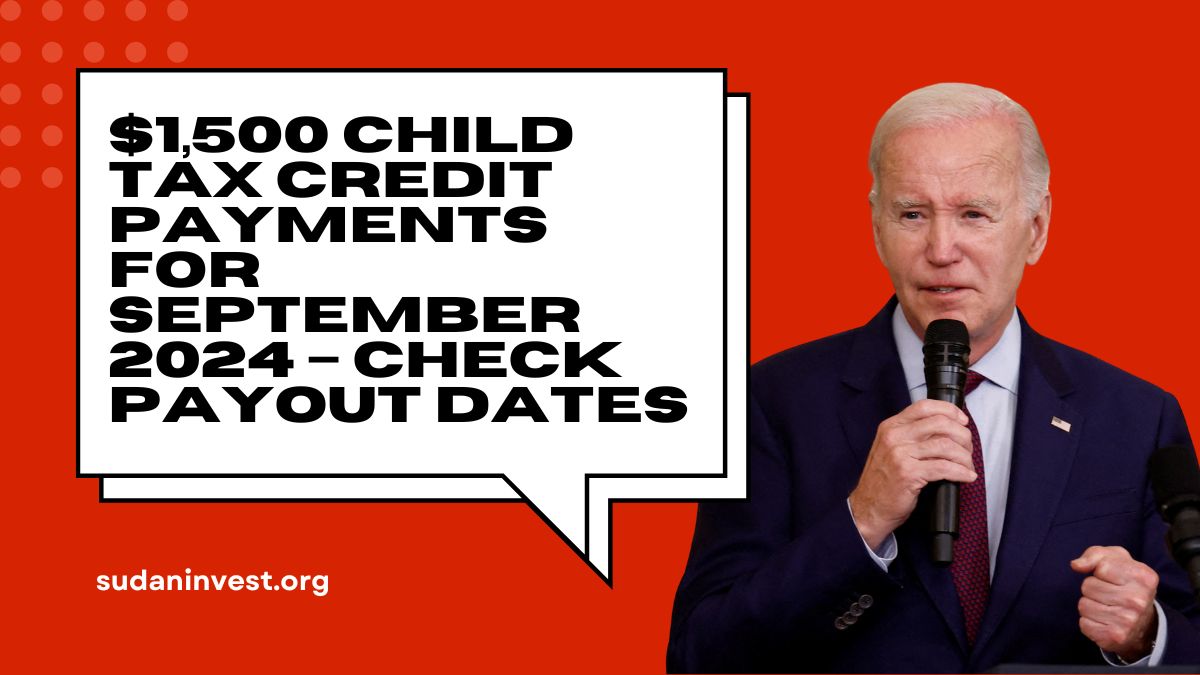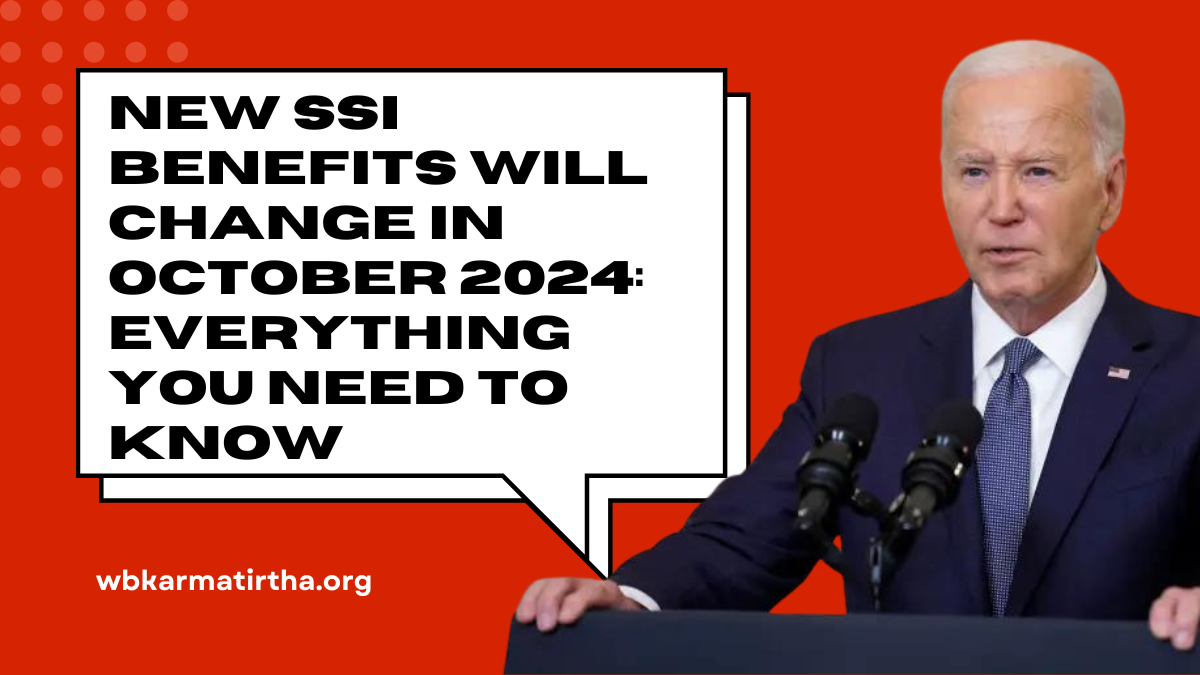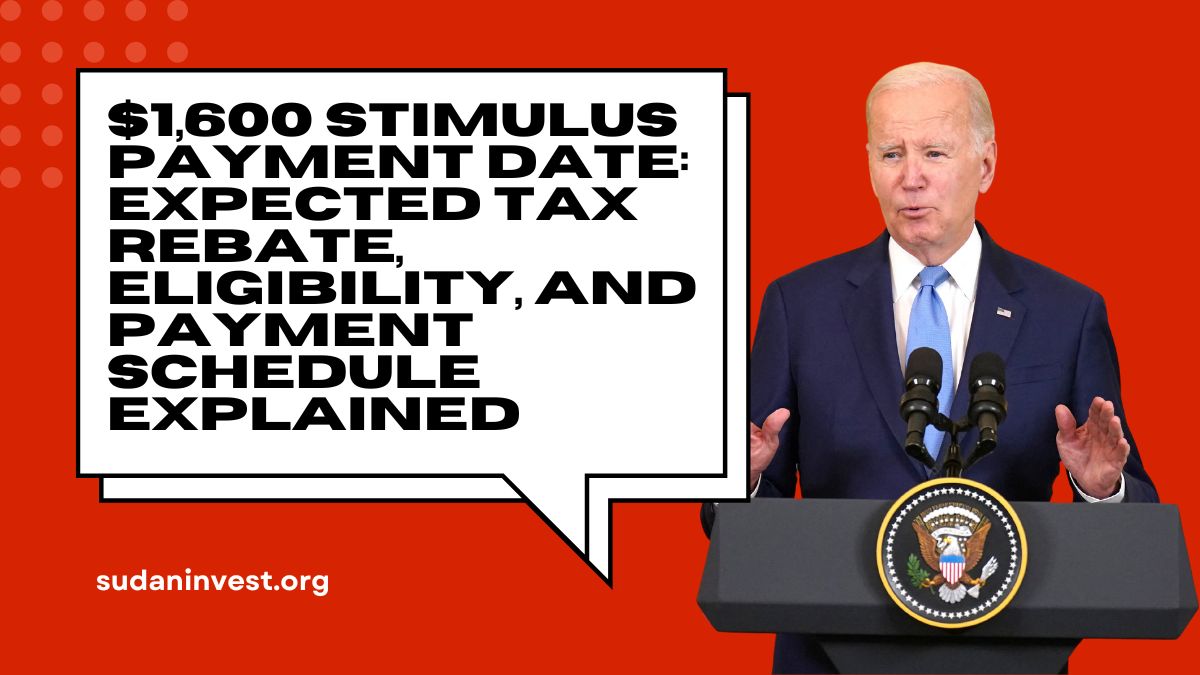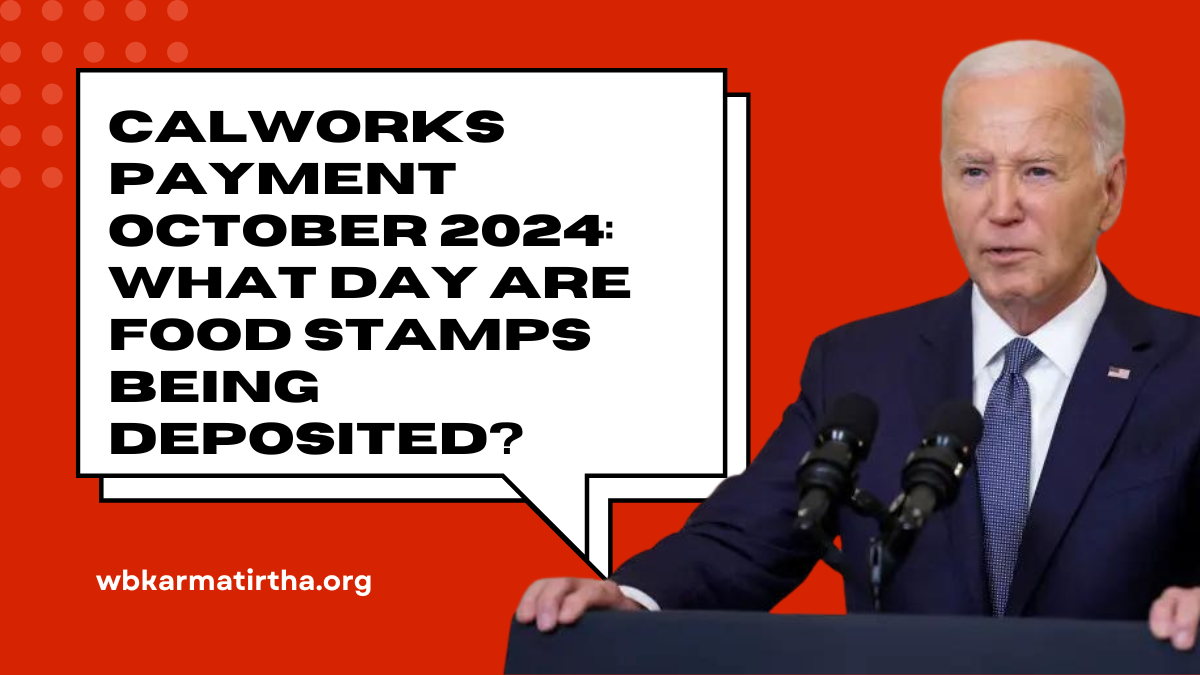For millions of taxpayers who requested a tax extension in 2024, the final filing deadline is fast approaching. October 15, 2024, marks the last day to file your 2023 federal income tax return without incurring late-filing penalties.
This article provides an in-depth look at what you need to know, including specific details, recent updates, and vital tips to avoid penalties and interest.
Why October 15, 2024, is Important
The IRS grants taxpayers an automatic six-month extension to file their taxes if they request it by April 15.
This means that taxpayers who filed Form 4868 on or before the April 15, 2024 deadline have until October 15, 2024, to submit their 2023 tax return.
However, an extension to file is not an extension to pay. If you owe taxes, those were still due by April 15 to avoid interest and penalties.
Who Qualifies for the October 15 Deadline?

- Taxpayers Who Requested an Extension: Those who submitted IRS Form 4868 on or before April 15, 2024, have until October 15 to file their return.
- Disaster-Affected Areas: Certain regions affected by natural disasters may qualify for further extensions. For example, parts of New York and Connecticut have until February 3, 2025, to file and make payments due to severe weather conditions in September 2024.
- Military Personnel: Individuals serving in a combat zone typically have 180 days after leaving the zone to file returns and pay any taxes due.
What Happens If You Miss the Deadline?
Missing the October 15 deadline can result in significant penalties and interest. The IRS can impose a failure-to-file penalty, which is generally 5% of the unpaid taxes for each month or part of a month that a return is late, up to a maximum of 25%. Additionally, interest on unpaid taxes continues to accrue from the original April deadline.
How to File Before the Deadline
- Electronic Filing: The IRS recommends filing electronically for faster processing and more accurate returns. Eligible individuals can use the IRS Free File program to prepare and file their federal tax returns for free.
- Authorized e-File Providers: Tax professionals who are part of the IRS e-file program can help taxpayers file returns electronically.
- Commercial Software: Taxpayers can also use IRS-approved commercial tax preparation software, which guides them through the filing process step-by-step.
Payment Options

If you owe taxes, the IRS provides several payment options:
- Direct Pay: Make a payment directly from your bank account.
- Debit or Credit Card: Payments can also be made using a debit or credit card through the IRS website.
- Payment Plans: For those who cannot pay the full amount, applying for a payment plan can help manage the debt over time.
Key Information for October 15 Deadline
| Criteria | Details |
|---|---|
| Deadline | October 15, 2024 |
| Who Should File | Taxpayers who requested an extension using Form 4868 |
| Payment Due Date | April 15, 2024 (Interest and penalties accrue from this date if not paid) |
| Special Extensions | New York and Connecticut residents affected by disasters have until February 3, 2025 |
| Filing Options | IRS Free File, Authorized e-File Providers, Commercial Software |
| Penalties for Missing Deadline | 5% per month of unpaid taxes, up to 25%; interest also applies |
| Payment Methods | Direct Pay, Debit/Credit Card, Payment Plan |
| Refund Information | Opt for direct deposit for faster refunds |
Recent Updates
- Connecticut and New York Extensions: As of September 2024, residents of certain disaster-affected counties in New York and Connecticut have an extended deadline of February 3, 2025, for various federal tax returns and payments.
- Electronic Filing Encouraged: To avoid the last-minute rush and potential errors, the IRS is urging taxpayers to file their returns electronically as soon as possible.
Conclusion
The October 15, 2024, deadline is crucial for taxpayers who requested an extension. Filing your tax return on time helps avoid penalties and interest, and it’s best to file as early as possible.
If you haven’t yet filed, take advantage of the electronic filing options available through the IRS to ensure a smooth process.
FAQs
1. Can I still request an extension beyond October 15, 2024?
No, the October 15 deadline is the final extension for most taxpayers. Only those in disaster-affected areas or specific military situations may have additional time.
2. What happens if I owe taxes but can’t pay them all by October 15?
You should still file your return by October 15 to avoid the failure-to-file penalty. Then, consider setting up a payment plan with the IRS to manage your debt.
3. Will I face penalties if I am due a refund but file after October 15?
If you are due a refund, you will not face penalties or interest. However, filing promptly ensures you receive your refund sooner.
4. Can I e-file my return after October 15?
You can e-file returns for the current year up to November. After that, you must file a paper return.
5. What should I do if I made a mistake on my return?
You can file an amended return using Form 1040-X to correct any errors. Be sure to do this as soon as you identify the mistake.
















